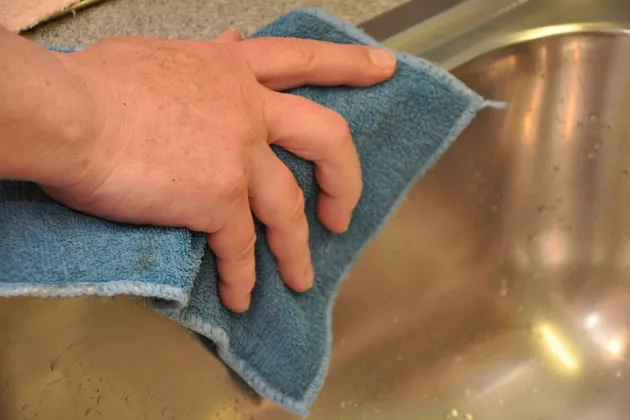Sharing housing with non-family members has increasingly become a way to reduce costs while pursuing an autonomous yet communal living throughout the life course. During the past decade, a new form of shared housing has entered the Swedish real estate market: coliving. Like shared housing generally, some of the aims of coliving are to help address the housing shortage, decrease loneliness, increase the sustainability of housing and provide flexible housing for an increasingly mobile population. Also, shared arrangements come with sharing everyday tasks such as cleaning. The sharing of this labour was the corner stone for establishing co-housing in the early 1900s. But what happens now a days, when tasks such as cleaning, among other things, are packaged into a service you can purchase for a fee? And how does one need to "be" in order to fit into the dynamics of an intensely shared social life? What is the role of emotional labour there? Read the article to find out more.
Access the article here.





